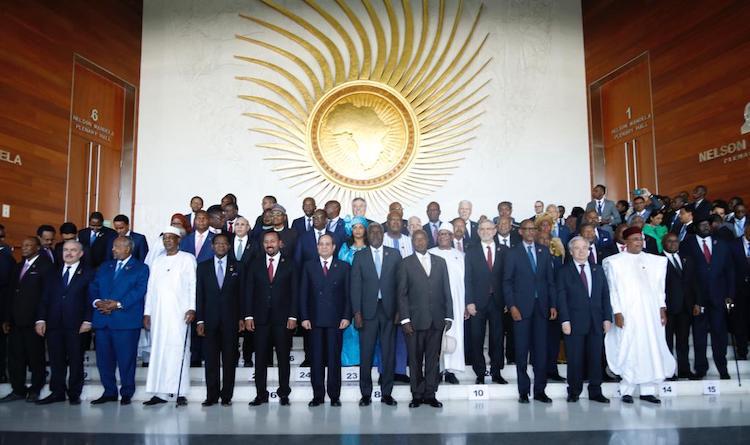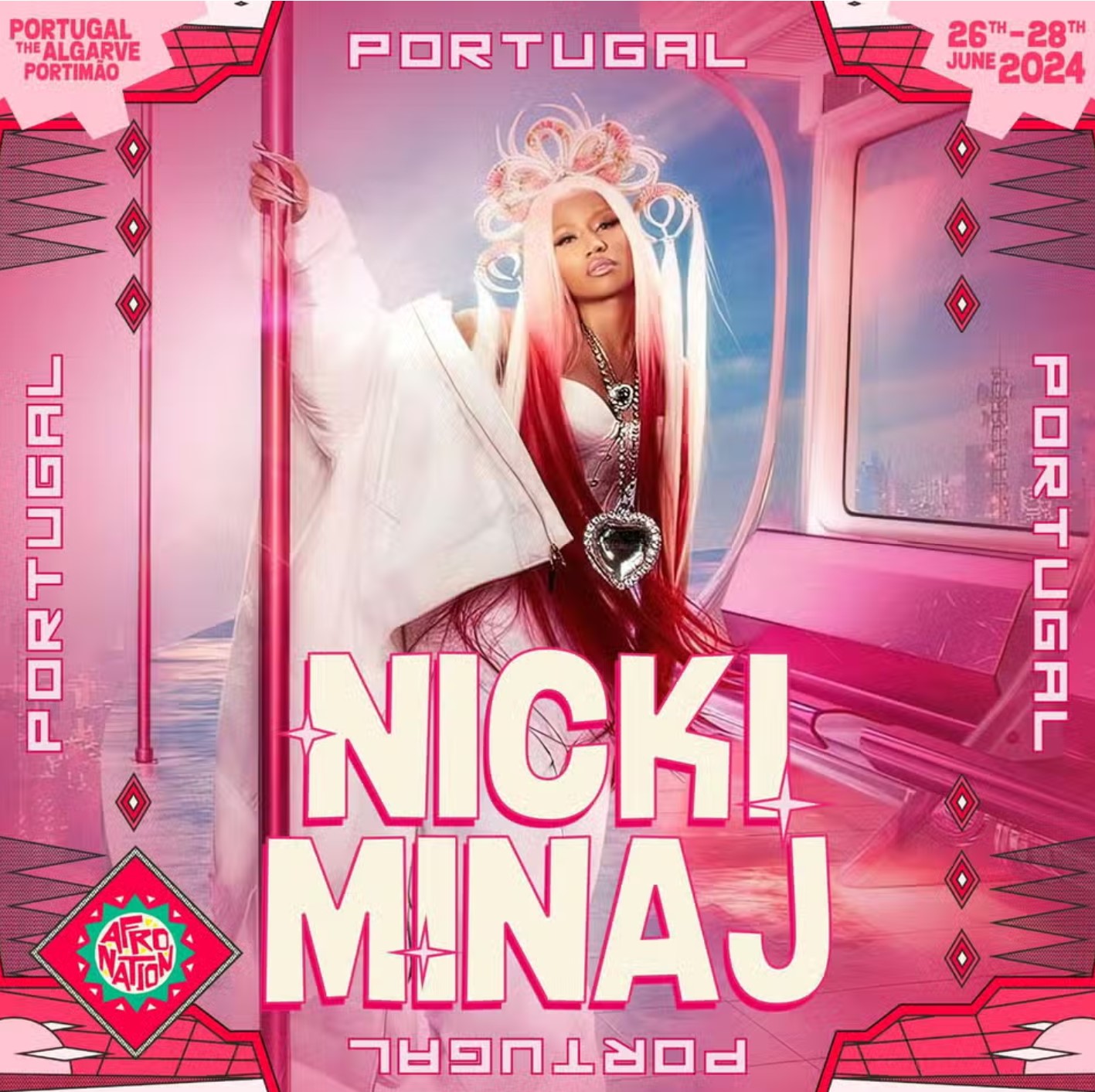Africa is beautiful, Africa has a youthful economy, Africa is the future, the beautiful melody from Africa’s music is refreshing, and all these phrases are good to hear about the motherland but let them know that Africa is not a country but a continent of 55 countries with an estimated 2,000 languages spoken in Africa.
The Transatlantic slave trade radically impaired Africa’s potential to develop economically and maintain its social and political stability.
Now Africa is gradually taking control of herself and her people are tracing their roots from the Diaspora back to the motherland, with this, everyone around the world whether white or chocolate wants to see how Africa recovers from many years of losing her freedom, culture, in the traditional sense, her identity (names). Slave merchants and slave-owners renamed their slaves with white/Christian names and banned the practice of their indigenous religion and even her unique cuisines.
In order to protect and Africa’s economy and it’s future from oppressors, Africans back home decided to fortify themselves with the formation of the African Union to unite all the 55 African countries against her oppressors and commemorated Africa Day to mark the liberation movement, each year on May 25, regarding the willingness of the African people to free themselves from foreign dictatorship, as well as subsequent attempts to unite Africa, including the Organisation of African Unity (OAU), which was established on 25 May 1963, and the African Economic Community in 1981.
Africa Now
The African continent in the past prioritize other continents and contributed immensely to their development, now Africa has to be self-centred for the sake of its future, the plan is to transform Africa into the global powerhouse of the future. It is the continent’s strategic framework that aims to deliver on its goal for inclusive and sustainable development and is a concrete manifestation of the pan-African drive for unity, self-determination, freedom, progress and collective prosperity pursued under Pan-Africanism and African Renaissance.
The motherland needs her descendants both home and abroad to envision the Agenda 2063 which was proposed in 2013, the long-term 50-year development trajectory for Africa is important as Africa needs to revise and adapt its development agenda due to ongoing structural transformations; increased peace and reduction in the number of conflicts; renewed economic growth and social progress; the need for people-centred development, gender equality and youth empowerment; changing global contexts such as increased globalization and the ICT revolution; the increased unity of Africa which makes it a global power to be reckoned with and capable of rallying support around its own common agenda; and emerging development and investment opportunities in areas such as agri-business, infrastructure development, health and education as well as the value addition in African commodities.
The genesis of Agenda 2063 was the realization by African leaders that there was a need to refocus and reprioritize Africa’s agenda from the struggle against apartheid and the attainment of political independence for the continent which had been the focus of The Organization of African Unity (OAU), the precursor of the African Union; and instead to prioritize inclusive social and economic development, continental and regional integration, democratic governance and peace and security amongst other issues aimed at repositioning Africa to becoming a dominant player in the global arena.
The declaration marks the re-dedication of Africa towards the attainment of the Pan African Vision of An integrated, prosperous and peaceful Africa, driven by its own citizens, representing a dynamic force in the international arena and Agenda 2063 is the concrete manifestation of how the continent intends to achieve this vision within a 50 year period from 2013 to 2063.
The Agenda 2063 encapsulates not only Africa’s Aspirations for the Future but also identifies key Flagship Programs which can boost Africa’s economic growth and development and lead to the rapid transformation of the continent. It also identifies key activities to be undertaken in its 10-year Implementation Plans which will ensure that Agenda 2063 delivers both quantitative and qualitative Transformational Outcomes for Africa’s people.
Celebrating AU day this year, on the theme: “Arts, Culture and Heritage: Levers for Building the Africa we want”. The AU theme of the year for 2021 presents a unique opportunity for the continent to celebrate its great Pan-Africanists who have played and are still playing a key role in the African renaissance and re-birth.
The Charter for African Cultural Renaissance adopted by the 6th AU Assembly held in Khartoum, Sudan in January 2006 entered into force in October 2020 upon receipt by the AU Commission of the 15th instrument of ratification of this important art, culture and heritage cultural policy instrument.
The main focus areas of the Charter for African Cultural Renaissance are: promotion of African identity, shared values, the spirit of Pan-Africanism and African Renaissance; development of the creative economy of the continent; protection and conservation of African World Heritage Sites and increasing of African sites in the World Heritage List; development and continued dissemination of regional and continental programs for the promotion of African identity, shared values, cultural and creative industries and heritage;































